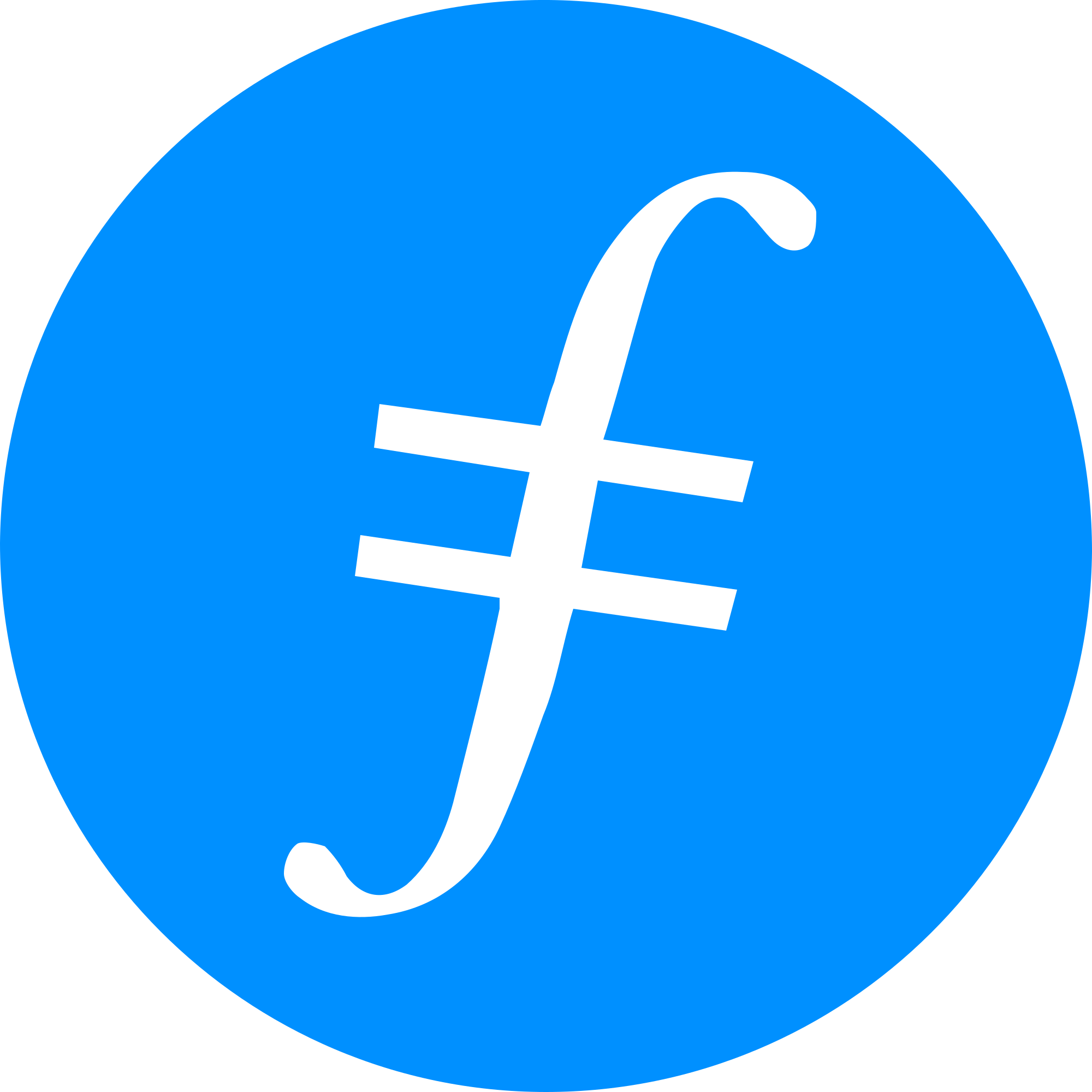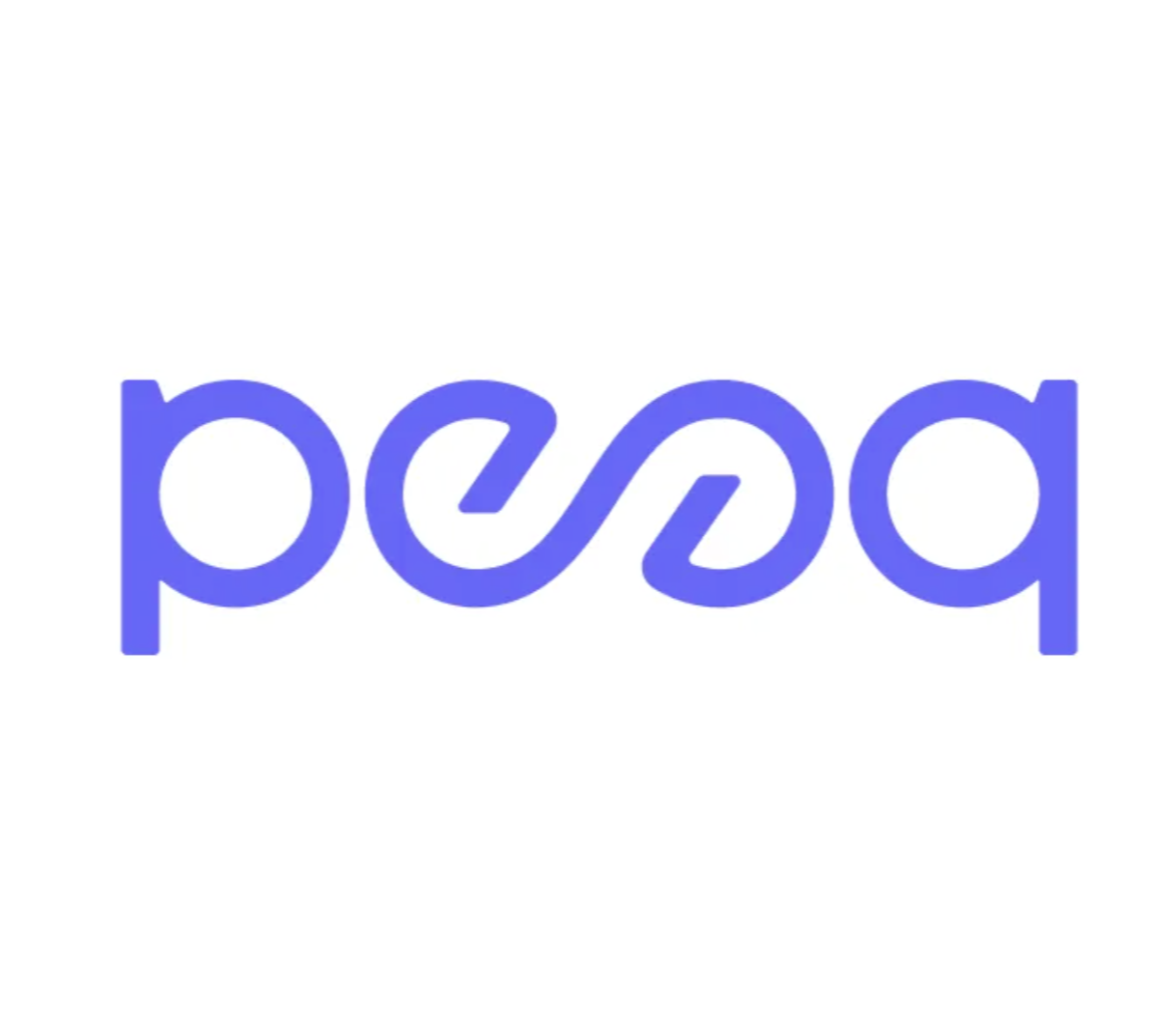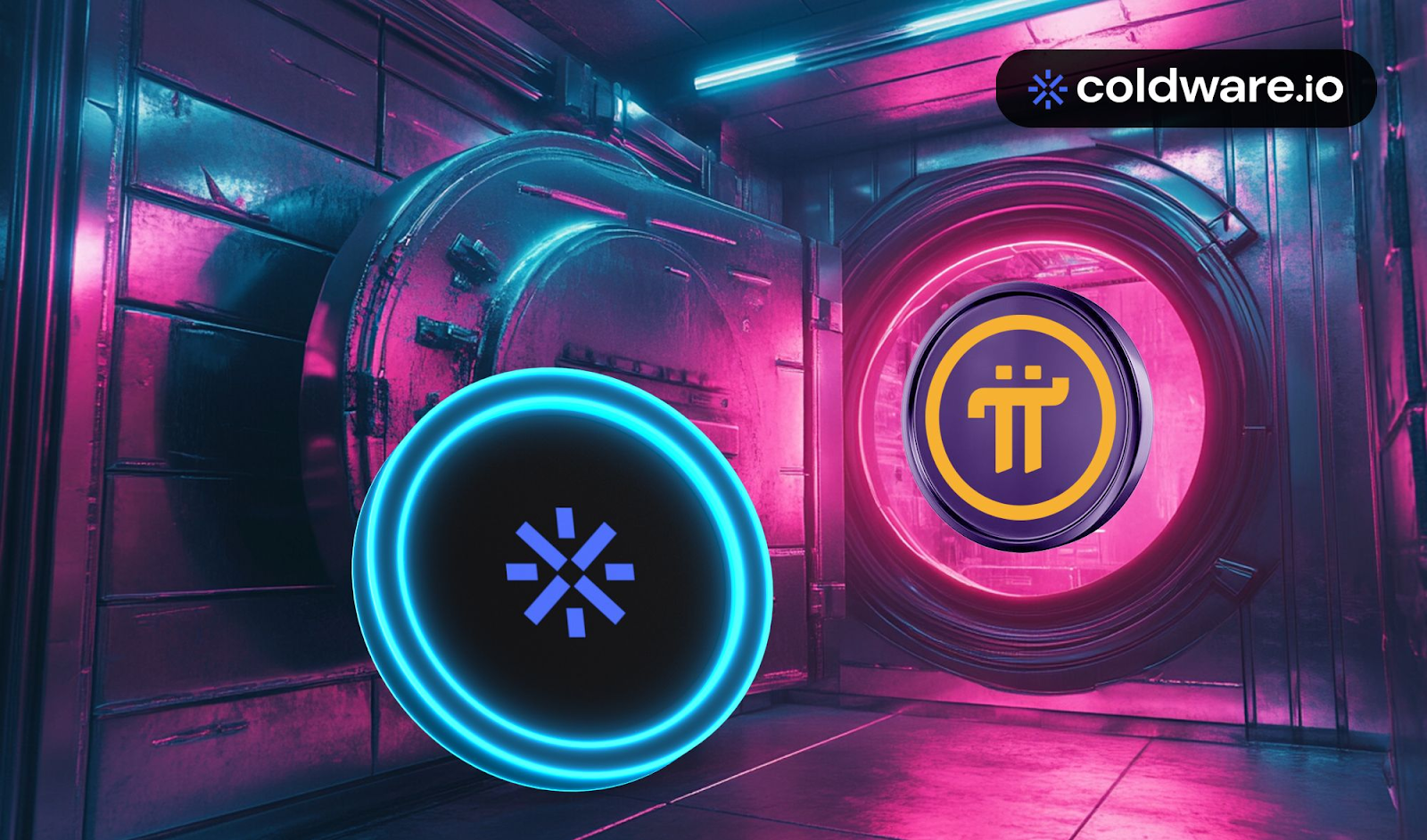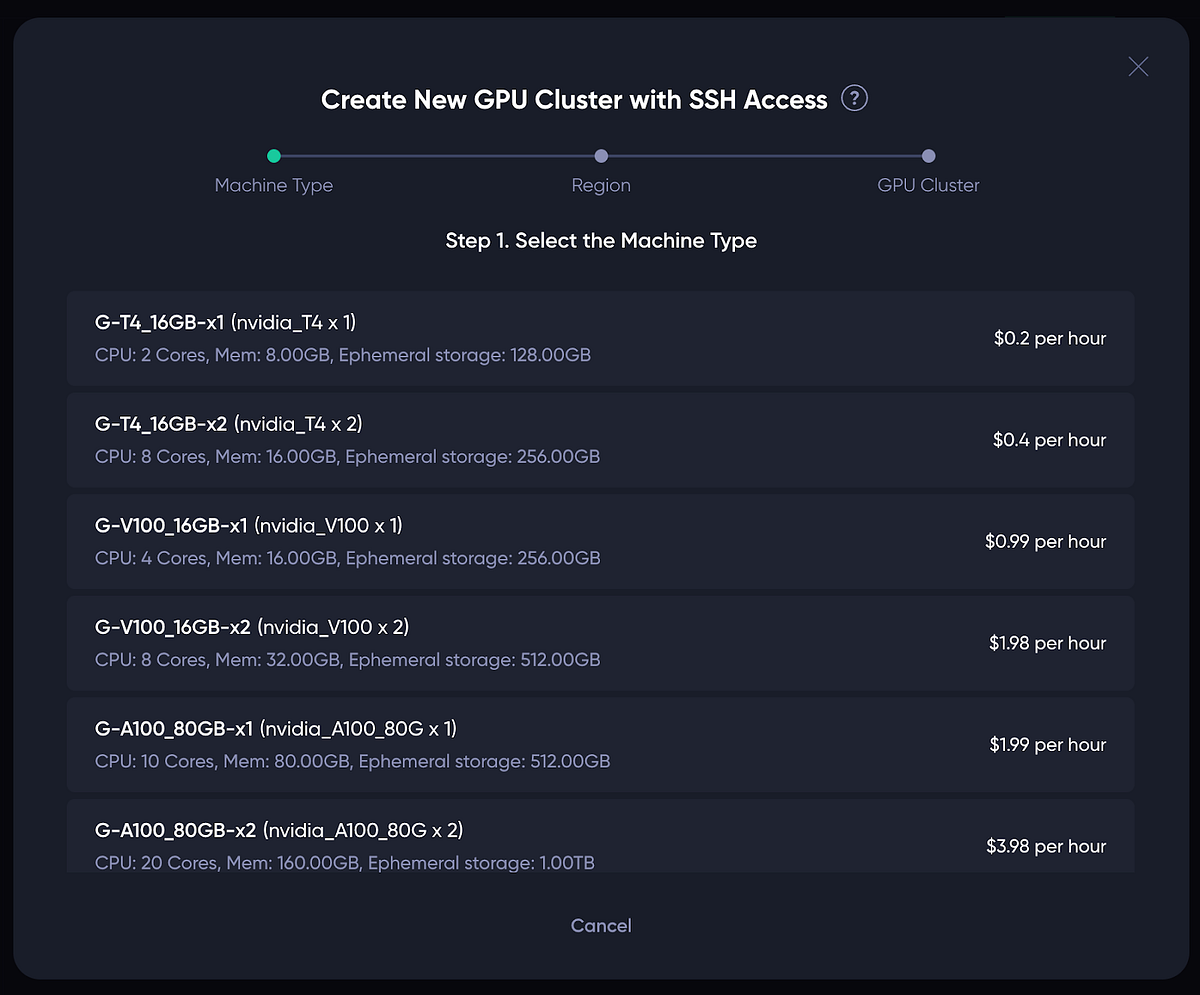The DePIN Explorer - DePIN Scan
Trending 🔥
DePIN Market Cap
$18,306,157,903
-5.7%
Volume
$4,720,140,935
-3.4%
DePIN Projects
321
DePIN Devices
40,430,747
+0.1%
DePIN Projects
Project | Category | Social Following | Impressions | Engagement | Mindshare |
|---|---|---|---|---|---|
 | Chain | 2,983,977 | 3,382,820 | 33,574 | 0.59% |
 | Server | 671,512 | 8,223,181 | 61,273 | 1.43% |
 | ServerAI | 272,081 | 4,635,835 | 74,217 | 0.81% |
 | Wireless | 215,970 | 142,364 | 1,912 | 0.02% |
.jpg) | ComputeAI | 529,819 | 48,552,918 | 512,484 | 8.46% |
 | Compute | 821,029 | 2,329,608 | 46,494 | 0.41% |
 | ServerAI | 124,188 | 2,221,241 | 43,120 | 0.39% |
 | Chain | 404,006 | 2,361,742 | 44,601 | 0.41% |
 | Server | 46,627 | 491,227 | 6,998 | 0.09% |
.jpg) | ComputeAI | 512,187 | 1,336,272 | 63,032 | 0.23% |
 | SensorAI | 50,652 | 949,148 | 10,029 | 0.17% |
 | Chain | 309,903 | 5,395,862 | 87,977 | 0.94% |
.svg) | SensorServices | 259,437 | 1,298,442 | 26,377 | 0.23% |
 | Sensor | 45,328 | 510,388 | 10,586 | 0.09% |
.jpg) | ComputeAI | 62,767 | 1,847,845 | 25,770 | 0.32% |

2 days ago
Coldware: Merging Blockchain with Usable HardwareColdware ($COLD) is making significant strides in the blockchain space by merging hardware with blockchain technology. Currently, the project is in its presale phase, with only 37% of tokens remaining at a price of $0.00625. Coldware aims to create a seamless bridge between hardware and blockchain, focusing on usability rather than vague promises. By offering devices like the Larna 2400 smartphone and ColdBook laptop, which function as lite nodes right out of the box, Coldware is making it easier for users to engage with decentralized finance (DeFi) without the need for complex setups. The project is powered by the $COLD token, which facilitates transactions, governance, and staking rewards while also allowing users to create their own tokens through a unique feature called Freeze.Mint.
In the broader landscape of blockchain projects, Pi Network and Theta Network are also noteworthy contenders. Pi Network has garnered a massive user base of over 60 million, but recent turbulence in token price has raised concerns about transparency. Despite this, Pi Network is pushing forward with a $100 million fund to support new projects within its ecosystem. Meanwhile, Theta Network is focusing on decentralized video infrastructure and has recently launched an AI Model API service to enhance its offerings. While both projects have potential, they have yet to achieve mass adoption, which remains a critical factor for their future success.
Overall, Coldware distinguishes itself by prioritizing real-world usability and privacy in its offerings. Unlike many crypto projects that are still in the conceptual phase, Coldware is already delivering functional hardware and a privacy-focused operating system. With its presale ongoing and a unique approach to integrating blockchain into everyday devices, Coldware presents an attractive opportunity for investors looking to enter the Web3 space. As the market evolves, the success of these projects will depend on their ability to deliver tangible benefits to users and achieve widespread adoption.

2 days ago
Investors Shift from Pi Network and Filecoin to Coldware as DePIN Market MaturesIn recent developments within the decentralized physical infrastructure network (DePIN) sector, investors from Pi Network and Filecoin are shifting their focus to Coldware ($COLD). This transition comes after mixed results from both projects, with Pi Network facing challenges during its mainnet launch and Filecoin struggling with scaling issues. Coldware stands out by offering hardware-powered infrastructure that connects digital tokens with physical devices, such as the Larna 2400 smartphone and ColdBook laptop, which serve as nodes in a decentralized network. This innovative approach is attracting attention from disillusioned investors looking for more tangible opportunities.
The migration of investors is driven by a combination of disillusionment and strategic capital redeployment. Pi Network's prolonged delays and technical difficulties have led many holders to seek alternatives. Meanwhile, Filecoin's pioneering status in decentralized storage is being challenged by competitors, prompting its investors to diversify into next-generation projects like Coldware. With Coldware's presale approaching its $80 million soft cap, there is a sense of urgency among these experienced investors, who are eager to secure their positions before public listings.
What sets Coldware apart is its hardware-first approach, which addresses several critical issues that have hindered DePIN adoption. By creating purpose-built devices that act as network nodes, Coldware eliminates compatibility problems and provides a standardized foundation for developers. This user-friendly model allows everyday users to participate in the network without needing technical expertise. As the DePIN market matures, the shift of investors towards Coldware signals a growing preference for projects that deliver practical, real-world value over theoretical promises, marking a significant evolution in the DePIN landscape.

2 days ago
Coldware: Bridging Hardware and Blockchain for a Usable Web3 ExperienceColdware ($COLD) is making significant strides in the blockchain space by integrating hardware with blockchain technology. Currently, the project is in its presale phase, with only 37% of tokens remaining at a price of $0.00625. Coldware aims to create a seamless bridge between hardware and blockchain, focusing on usability and real-world applications. Unlike many crypto projects that often rely on vague promises, Coldware is delivering tangible products such as the Larna 2400 smartphone and ColdBook laptop, which are designed to plug directly into the ecosystem and function as lite nodes out of the box.
In the broader context of the crypto landscape, Coldware is not alone. Pi Network and Theta Network are also making their mark with unique approaches. Pi Network, boasting over 60 million users, is focused on mobile-first crypto adoption but has faced challenges related to transparency after a significant token transfer raised concerns. Despite this, Pi Network is actively investing in its ecosystem with a new $100 million fund. On the other hand, Theta Network is carving out a niche in decentralized video infrastructure, recently launching an AI Model API service to enhance developer capabilities. However, it remains to be seen if these projects can achieve mass adoption.
What sets Coldware apart is its commitment to usability and privacy. The custom operating system is designed to block trackers and minimize data leaks, offering a stark contrast to mainstream tech solutions. With its focus on delivering a plug-and-play Web3 experience, Coldware is not just targeting crypto enthusiasts but aims to appeal to a broader audience. As the presale continues, the project presents a unique opportunity for early investors to engage with a platform that is already operational and focused on real-world usability.

3 days ago
Theta EdgeCloud Launches GPU Clusters for Enhanced AI Model TrainingTheta EdgeCloud has introduced a significant enhancement by enabling users to launch GPU clusters, which are essential for training large AI models. This new feature allows the creation of clusters composed of multiple GPU nodes of the same type within a specific region, facilitating direct communication among nodes with minimal latency. This capability is crucial for distributed AI model training, as it allows for parallel processing across devices. Consequently, tasks that traditionally required days or weeks to complete on a single GPU can now be accomplished in hours or even minutes, significantly accelerating the development cycle for AI applications.
The introduction of GPU clusters not only enhances training efficiency but also supports horizontal scaling, allowing users to dynamically add more GPUs as needed. This flexibility is particularly beneficial for training large foundation models or multi-billion parameter architectures that exceed the memory capacity of a single GPU. The demand for this feature has been voiced by numerous EdgeCloud customers, including leading AI research institutions, highlighting its importance in the ongoing evolution of Theta EdgeCloud as a premier decentralized cloud platform for AI, media, and entertainment.
To get started with GPU clusters on Theta EdgeCloud, users can follow a straightforward three-step process. This includes selecting the machine type, choosing the region, and configuring the cluster settings such as size and container image. Once the cluster is created, users can SSH into the GPU nodes, enabling them to execute distributed tasks efficiently. Additionally, the platform allows for real-time scaling of the GPU cluster, ensuring that users can adapt to changing workloads seamlessly. Overall, this new feature positions Theta EdgeCloud as a competitive player in the decentralized cloud space, particularly for AI-driven applications.
Signup for latest DePIN news and updates








.jpeg)